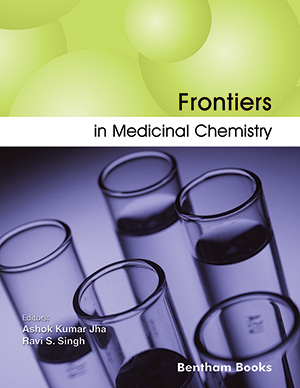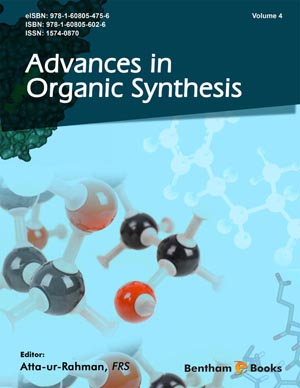Abstract
Breast cancer is the most prevalent neoplasm diagnosed in women
worldwide. There are many factors responsible for breast cancer susceptibility.
Mutation in tumor suppressor genes BRCA1 and BRCA2 predispose women to the early
onset of breast cancer. The BRCA genes are involved in multiple cellular processes in
response to DNA damage, including checkpoint activation, gene transcription, and
DNA repair. Several DNA-acting agents act as effective anticancer used for treating
cancer disease. Certain groups of chemicals are known to affect specific phases of cell
division, such as, Cyclophosphamide is the most potent and successful anticancer agent
that acts by alkylating the N-7position of guanine to cause crosslinking of DNA’s
double helix, resulting in DNA breaks that interfere with the DNA replication and
RNA transcription. This chapter deals with the classification of DNA-acting agents
according to their modes of action.
Keywords: Breast Cancer, Cyclophosphamide, DNA-acting agent, DNA damage.






















